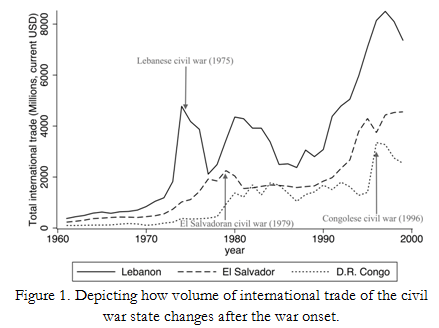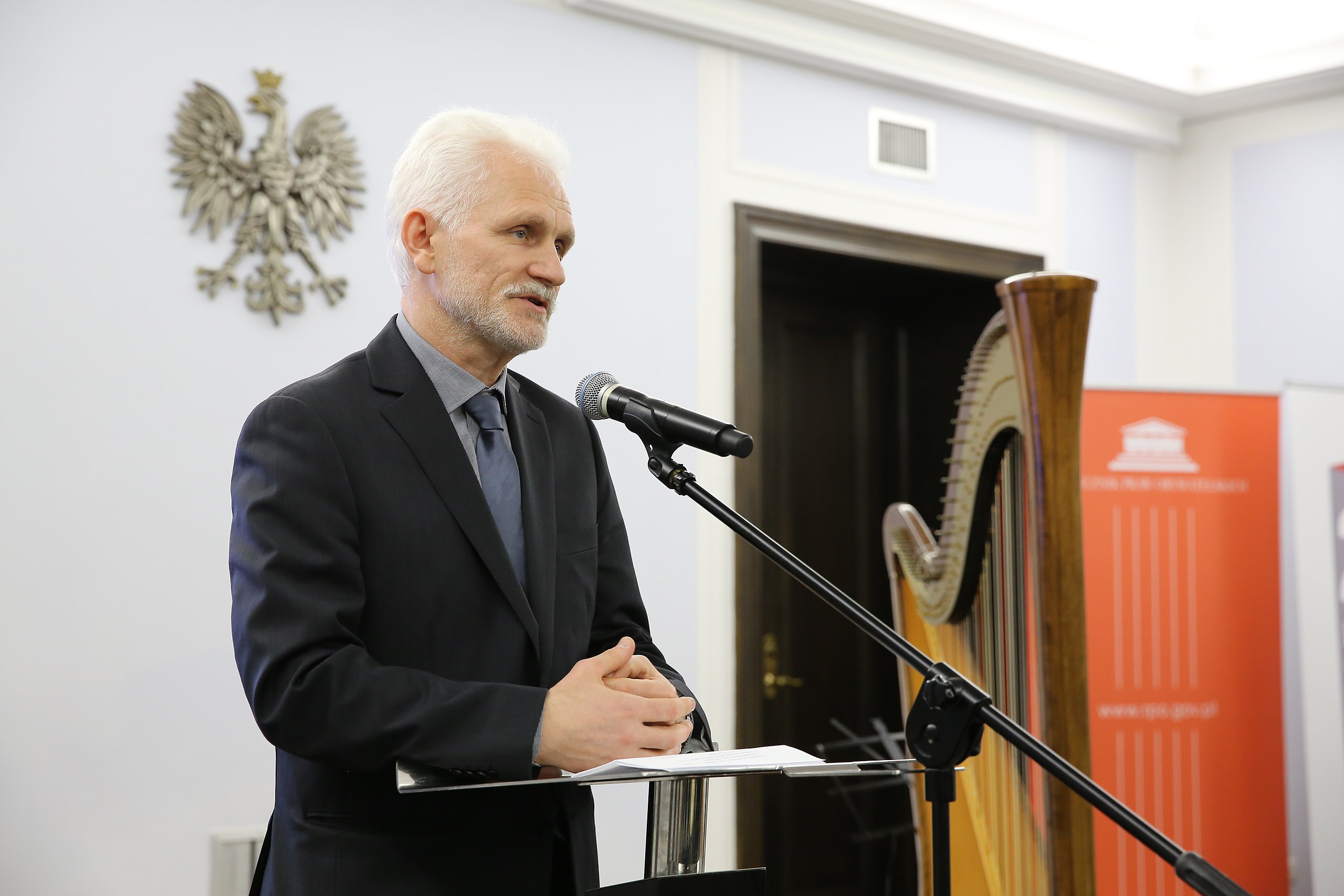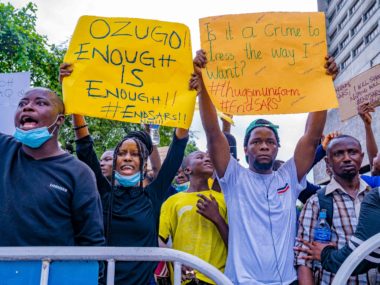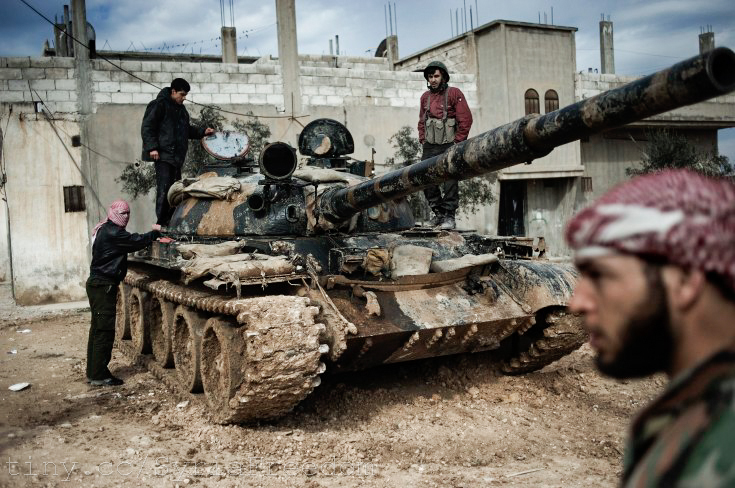Former Liberian President Charles Taylor’s 50-year prison sentence was the first time since Nuremberg that a former head of state has been convicted of war crimes. It also is part of a larger trend in which the international community holds individuals responsible for their actions during civil wars. The International Criminal Tribunal for the Former Yugoslavia (ICTY), established in 1993, and the International Criminal Tribunal for Rwanda (ICTR), which has operated out of Arusha, Tanzania since 1995, both (slowly) conduct prosecutions of individuals charged with war crimes in each of those conflicts. Each of these bodies has limited jurisdiction and is focused on only one civil war, but the International Criminal Court (ICC) has universal jurisdiction and has issued indictments related to a variety of conflicts including those in Darfur, Kenya, and Uganda.
Are these efforts to hold individuals responsible for war crimes committed during civil wars effective? This is a difficult question to answer, because these efforts are trying to accomplish several goals. One clear goal is justice—many of these individuals have committed heinous crimes and should be held accountable for them. In Taylor’s case, the evidence is undeniable. As President of Liberia, Taylor backed rebels who committed heinous crimes in Sierra Leone (for which he was convicted), not to mention the crimes his rebels committed when he was leader of the National Patriotic Front for Liberia fighting in the civil war in that country.
Another clear goal is deterrence. The hope is that if it is clear that those who violate international law are held accountable for those violations, others will be less likely to commit war crimes. Judging whether deterrence works, however, is much harder. To know if convictions of war criminals deter further potential war criminals, we would have to know if there are individuals who would like to commit war crimes but do not because they fear prosecution. This is evidence that is virtually impossible to get.
For instance, we know that massacres are occurring in Syria and that the Assad regime has a hand in these massacres (see June 4th and June 8th posts). So, Assad is clearly not deterred, or at least not sufficiently deterred, by the fear of prosecution. Muammar Ghaddafi, likewise, essentially promised to commit war crimes when faced with rebellion in Libya, again showing that, in his case, deterrence did not work. We do not know, however, whether these are the normal examples or exceptions, or that many other potential war criminals have been deterred.
There is a trickier issue with these prosecutions as well. Often, individuals are prosecuted for war crimes committed in conflicts that have finished (such as the ICTY, the ICTR, or with Charles Taylor). However, in recent years, the ICC has indicted Sudanese President Omar al-Bashir for war crimes committed during the Darfur conflict, and Ugandan rebel Joseph Kony for war crimes committed in Northern Uganda. Each of these civil wars is ongoing.
Indicting leaders while civil wars continue is a challenging. On the one hand, there is little doubt that Bashir has committed war crimes and none for Joseph Kony, whose rebel group (the Lord’s Resistance Army) has inflicted untold misery on the population of northern Uganda and surrounding countries for decades. Additionally, if deterrence works, holding people to account earlier could have a bigger effect on deterring future war criminals.
On the other hand, while civil wars are ongoing a major priority has to be placed on ending the fighting. Toward this end, indictments can be counter-productive. Rebel or state leaders are much less likely to negotiate a settlement which ends the fighting if they think doing so will mean they are shipped off to the Hague. It is doubtful that Kony really intends to negotiate sincerely, and it is virtually certain that he will not do so if the outcome of that negotiation is criminal prosecution.
These are issues that will become increasingly important as the expansion of international criminal prosecution continues. The ICC, like much of the UN, is prevented from acting as strongly toward Assad and his regime as many would like because of divisions in the Security Council. However, even if it were possible to indict Assad for these crimes, it is difficult to know what effect this would have on the dynamics of that conflict or others around the region.
Complications aside, it is hard to find any fault to Charles Taylor spending the rest of his life behind bars.






0 comments
I thoroughly enjoy this blog entry and I believe it asks important questions. I suppose my one brief thought is that, in order for the ICC to deter or to have the negative effects of deterrence that you posit (IE, leaders may be less likely to negotiate if they are indicated), the leaders who are committing crimes punishable by the ICC have to first care that the ICC is indicting them. I’m skeptical that ICC indictments have any real weight on the actions of Kony or Bashir. In time, with more prosecutions under its belt, this may become the case but right now, I remain skeptical.
Additionally, couldn’t one externality of deterrence be that states opt out of ICC jurisdiction as much as possible.